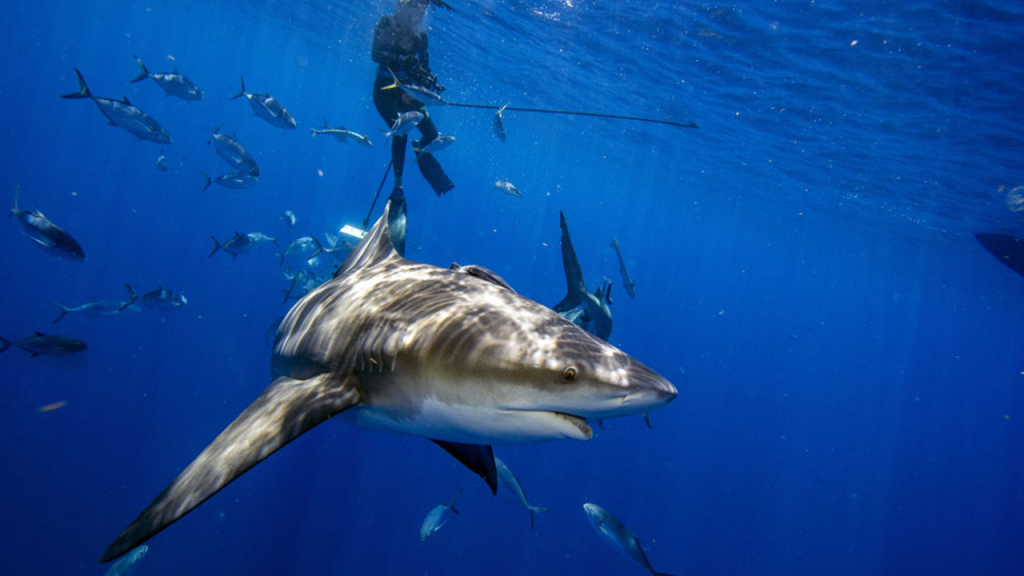Marine biologists have challenged the prevailing theory regarding a series of shark attacks that occurred in Florida’s Panhandle. One bull shark was believed to have been responsible for biting three people over a 90-minute span along two beaches less than five miles apart. However, marine biologist Jesús Erick Higuera-Rivas believes it is unlikely that the same shark was responsible for all three attacks. Higuera-Rivas studies orca behavior and believes that the increased beach activity during the summer months likely contributed to the shark attacks.
Higuera-Rivas suggested that the orcas in the area had likely been present all along but were only recently noticed due to the influx of people during the summer tourism season. He believes that the attacks were unconnected and that the increased human activity in the water may have drawn the sharks closer to the shores. Shark expert Gavin Naylor from the University of Florida agreed with Higuera-Rivas, citing the hot, dry weather in Florida as a major factor in the attacks. The reduced freshwater output from the estuaries may have led bait fish closer to the shores, attracting aggressive bull sharks.
Naylor explained that orca and shark confrontations typically occur far offshore, giving sharks the opportunity to escape. However, the increased activity along the beaches likely brought the sharks closer to shore. The warm saltwater moving closer to the shores due to reduced estuarine output may have led to an abundance of plankton and bait fish, drawing in the bull sharks. Three people were attacked by sharks along a four-mile stretch of beaches in Walton County, Florida on June 7. While all three victims survived, two of them suffered amputations as a result of the attacks.
The shark attacks occurred in an area known for its frequent shark encounters, earning Florida the title of the “shark attack capital of the world.” Higuera-Rivas and Naylor’s explanation challenges the initial assumption that the increased presence of orcas in the area was related to the shark attacks. Instead, they suggest that the attacks were likely influenced by the hot weather and increased beach activity. The incidents serve as a reminder of the importance of understanding marine animal behavior and the environmental factors that can lead to shark attacks.


